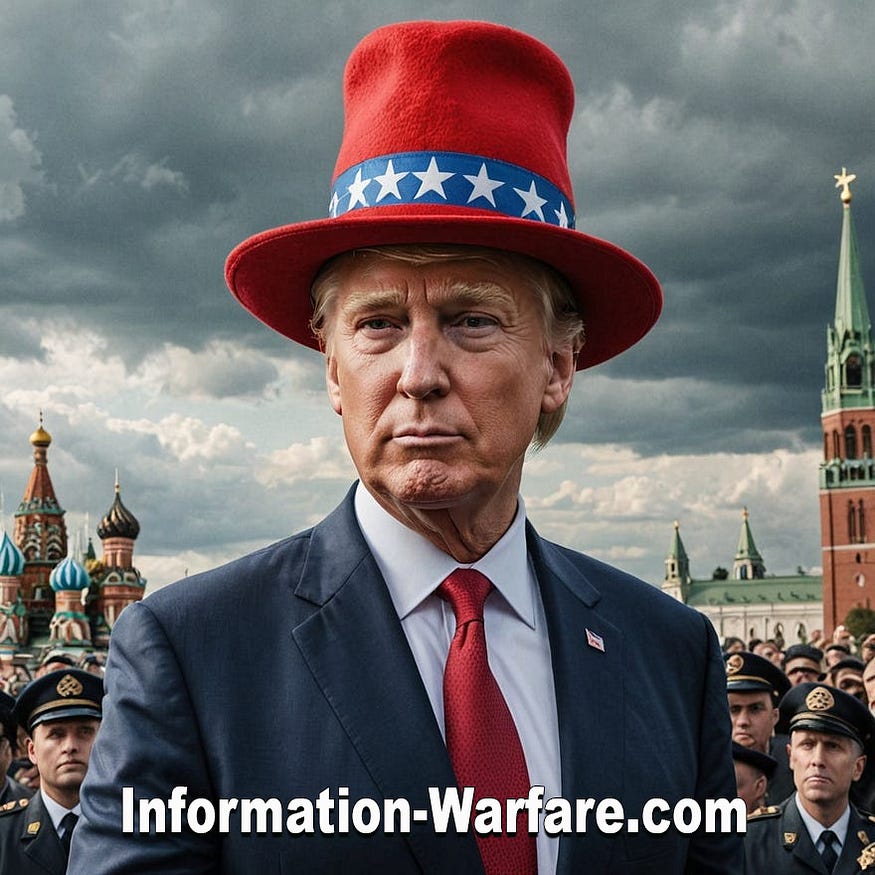Will U.S. Right-Wing Extremists Flee to Russia If Kamala Harris Wins?
Russia’s New Policy Offers a Haven for Conservative Values — But Will American Extremists Take the Leap or Were Their Threats Just Political Bluster?

Introduction: A Political Fork in the Road
In recent years, the United States has witnessed a surge in right-wing extremism, fueled by deep-seated fears of political change and a perceived erosion of traditional values. With the 2024 presidential election on the horizon and Vice President Kamala Harris emerging as a leading candidate, many right-wing extremists have voiced their discontent, some even threatening to leave the country should she win. But how serious are these threats? Would these individuals truly consider relocating to Russia, a nation that has positioned itself as a defender of conservative values, or is this rhetoric merely a tactic to destabilize American democracy?
Russia’s New Sanctuary Policy: A Haven for Conservative Values
On August 19, 2024, Russian President Vladimir Putin signed a decree that facilitates the relocation of individuals who oppose “destructive neoliberal ideas” and support traditional values. This policy allows such individuals to obtain Russian residence permits with ease, bypassing certain standard procedures like language proficiency and legal knowledge, provided they can demonstrate alignment with Russia’s conservative moral framework.
This policy is not just a domestic measure; it’s a strategic move aimed at attracting global conservatives disillusioned by the liberal policies of their home countries. For right-wing extremists in the U.S., this could present a unique opportunity to align themselves with a nation that shares their disdain for liberalism, secularism, and progressive social policies.
The Appeal of Russia for U.S. Right-Wing Extremists
For those who have consistently railed against the so-called liberal elite and the “deep state,” Russia’s new policy could be seen as a lifeline — a chance to live in a country that openly rejects many of the progressive policies they despise. In Russia, they might find a government that aligns with their views on traditional family values, nationalism, and opposition to LGBTQ+ rights.
Moreover, Russia’s reputation for authoritarian governance, where dissent is swiftly quelled and traditional values are upheld by the state, could be particularly appealing to extremists who believe that democracy has failed to preserve their vision of America.
The Question of Conviction: Talk vs. Action
However, the question remains: Will these right-wing extremists actually follow through on their threats to leave the U.S. if Kamala Harris wins the presidency? Historically, political threats of emigration often fall flat. After the 2016 election of Donald Trump, many liberal celebrities and public figures threatened to leave the country, but few actually did.
For right-wing extremists, the decision to relocate to Russia would be a significant one, involving leaving behind their homeland, culture, and possibly even family. It would require a deep commitment to their ideological beliefs — a commitment that goes beyond rhetoric and manifests in action.
A Test of True Conviction
If these individuals are genuinely serious about their convictions — if they truly believe that the United States under a Harris presidency represents the antithesis of their values — then Russia’s offer should be a welcome one. Moving to Russia would allow them to live in a society that aligns more closely with their ideals, free from the liberal policies they abhor.
But if they choose to stay in the U.S., despite the election outcome, it raises important questions. Were their threats to leave simply a tactic to intimidate and undermine the democratic process? Were they hoping to sway voters or stir unrest rather than genuinely considering relocation? In this case, their rhetoric could be seen not as a statement of conviction but as a tool of political subversion.
The Implications for American Democracy
The possibility of right-wing extremists moving to Russia also has broader implications for American democracy. If a significant number of these individuals were to leave, it could reduce the polarization and extremist influence within the U.S., potentially easing political tensions. On the other hand, if they stay and continue to express their discontent through more extreme or violent means, the country could face further instability.
Furthermore, the notion of a foreign power like Russia actively seeking to attract disaffected Americans highlights the growing ideological divide not just within the U.S., but globally. It also underscores the role of international actors in influencing domestic politics, a trend that has been increasing in recent years.
Conclusion: The Crossroads of Ideology and Action
The 2024 election, especially with Kamala Harris as a potential winner, could serve as a litmus test for the convictions of right-wing extremists in the U.S. Russia’s new policy offers them a chance to put their beliefs into practice by relocating to a country that aligns with their values. However, whether they will actually take this step remains to be seen.
If they do, it could signal a shift in the global ideological landscape, with individuals choosing their place of residence based on shared values rather than national loyalty. If they don’t, it may reveal that their threats were less about genuine conviction and more about attempting to subvert the democratic process.
In the end, the decision of these extremists will either reinforce their ideological stance or expose the rhetoric as empty. The world will be watching to see which path they choose.



